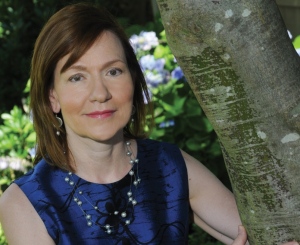Where Does Canada Rank?
On September 19th, former Conservative MP and Agriculture Minister Gerry Ritz, referred to the Canada’s Environment Minister Catherine McKenna as a “climate Barbie” on Twitter (see the exchange here). McKenna responded by saying, “We need more women in politics [and] your sexist comments won’t stop us.” When a right-wing reporter used the same name-calling tactic, Mckenna again had to fight back (and she doesn’t regret it!) As these examples suggest, gender inequality still exists Canada, despite our reputation as one of the best countries in the world to live in. If you attended the UNA-V Day of the Girl Event last month in Burnaby, you will have already taken part in the important conversation that needs to be had on this topic.
When it comes to living standards, Canada ranks in the top ten globally based on the Human Development Index (HDI). In terms of seeing how progressive a country is socially, Canada ranks 6th in the world based on the Social Progress Index (SPI). According to the Economist Intelligence Unit (EIU), three of the top five cities in the world for livability are in Canada (Vancouver, Toronto and Calgary). However, when it comes to measuring and comparing gender inequality, Canada does not rank as high as it does in other categories. Comparing Iceland, the most “gender equal” country to Canada shows this.
For most of the last decade, Iceland has been ranked number one in Global Gender Gap Report, a report that the World Economic Forum publishes each year measuring gender equality of 144 countries based on combination of four categories (Economic Participation and Opportunity, Educational Attainment, Health and Survival and Political Empowerment).
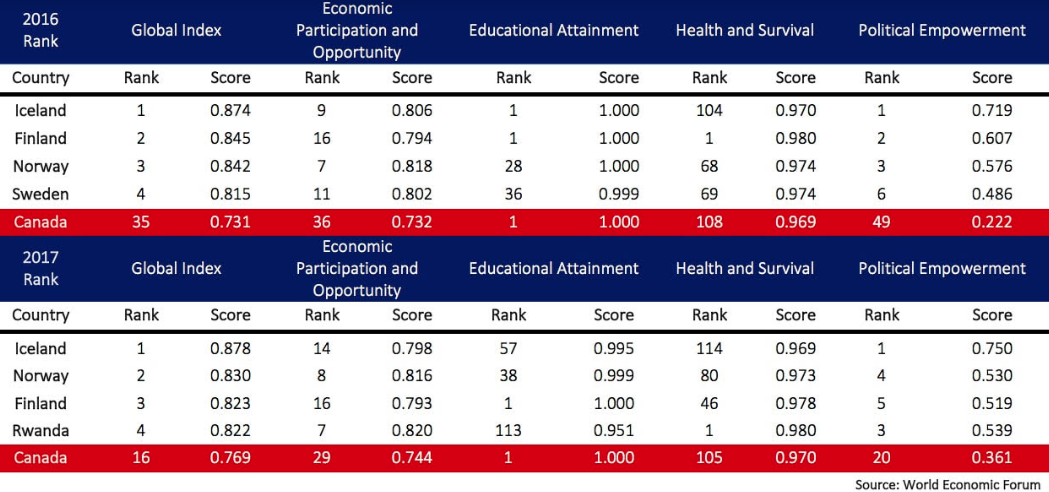 In the 2016 report, Canada was ranked 35th globally with a score of 0.731 (0.000 meaning complete inequality and 1.000 meaning complete equality). In the new report for the year 2017, Canada moved up 19 places to rank 16th globally. The biggest improvement since last year was in the category of Political Empowerment (measures the gap between men and women in the parliamentary and ministry positions) where Canada moved up 29 places. However, if we consider all categories together and when we look at the data over the last twenty four years from wage gaps to promotions in the workplace, Canada has shown little improvement relative to other major industrialized countries. In fact, the highest ranking that Canada ever achieved since the publications of the report started in 2006, was in the same year where they ranked 14th globally. The Globe and Mail wrote an article regarding the persistent problem of gender inequality in Canada and it pointed out, “If the trend isn’t addressed, long-term drawbacks for our economy will be unavoidable”.
In the 2016 report, Canada was ranked 35th globally with a score of 0.731 (0.000 meaning complete inequality and 1.000 meaning complete equality). In the new report for the year 2017, Canada moved up 19 places to rank 16th globally. The biggest improvement since last year was in the category of Political Empowerment (measures the gap between men and women in the parliamentary and ministry positions) where Canada moved up 29 places. However, if we consider all categories together and when we look at the data over the last twenty four years from wage gaps to promotions in the workplace, Canada has shown little improvement relative to other major industrialized countries. In fact, the highest ranking that Canada ever achieved since the publications of the report started in 2006, was in the same year where they ranked 14th globally. The Globe and Mail wrote an article regarding the persistent problem of gender inequality in Canada and it pointed out, “If the trend isn’t addressed, long-term drawbacks for our economy will be unavoidable”.
As we will see in the data presented in this article, much more has to be done in order to combat gender inequality and why a stronger progressive agenda needs to be put forward, similarly to what has happened in Iceland since 1975.
1975 Icelandic Women’s Strike
On October 24th, 1975 Icelandic women decided to go on strike and raise their concerns about unequal pay and labour rights for women in the country. They did not go to work that day and stopped all their normal daily activities. With ninety percent of women taking part in this protest, it meant that public services and industries such as the post offices, hospitals, schools, newspapers and more were either shut down or operated at reduced capacity. From facing relatively low wages to bias and discrimination in the workforce and in the political atmosphere, Icelandic women started a revolution that started a pathway for Iceland to become the most gender equal country in the world today. One of the very first examples of the success of the protests was when Vidís Finnbogadóttir became the first female president to be elected to office just five years later in 1980.

Icelandic women protesting in Reykjavík on October 24th, 1975, Photo: Loftur Ásgeirsson Vidís Finnbogadóttir, became the first female president of Iceland
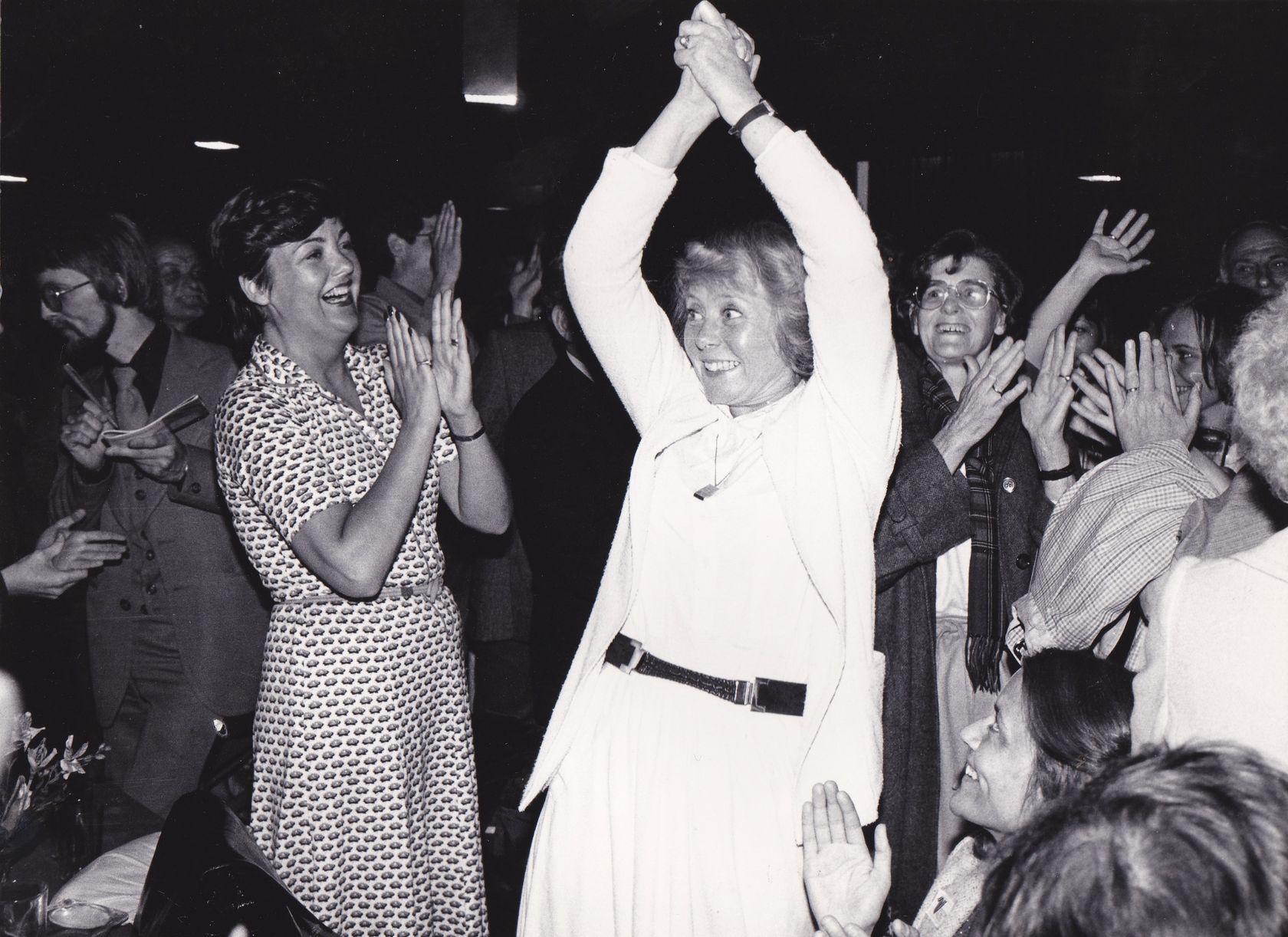
Comparing Iceland’s Gender Inequality to that of Canada
Child-Care Costs
Looking at the cost of child care in Iceland and Canada provides a better understanding of the differences between the two countries with regards to favourable policies for women.
On October of 2016, Global News published a report that compared child care costs across different provinces in Canada. Due to unique universal child care system of Quebec, cities in the province had the least expensive child care costs with an average of $2088 per year. Whereas in Manitoba, the second least expensive city, the cost would rise substantially to $7812 per year. According to OECD, in Canada, families pay close to 25% of their total income on child care and for single parents it goes above 30%. These numbers rank amongst the highest in the industrial world. Consequently, there are families and single parents, most notably women, who have to stay home and look after the children. With the lack of incentive to stay in the workforce, there is less income available for families or single parents and less opportunities for their children to prosper and participate both in school and also after school activities.
By comparison, in Iceland, the cost for both parents and single parents is just around 5% of total income.
Labour Force and Workplace
We see tangible results of gender inequality when we look at the workplace itself. Women in Canada outnumber men when it comes to higher education with close to 60% of postsecondary students in the country being female. This number is also the highest in any OECD country. Nevertheless, when it comes to promotion in the workplace, it’s men who dominate. In a report 2017 report by McKinsey Global Institute, ‘The Power of Parity: Advancing Women’s Equality in Canada’, it was revealed that in Canada women are 30% less likely to be promoted from entry level to manager, 60% less likely to go from director to vice-president and only make 15% of CEO’s in the country.
In 2010 in Iceland, a law was passed that made it obligatory for companies to have at least 40% of either gender on their boards. This would not only allow for more women to enter and stay in the workforce but inspire the next generation of women to not limit their career choices and have an understanding that they deserve to be part of a work environment as much as any man.
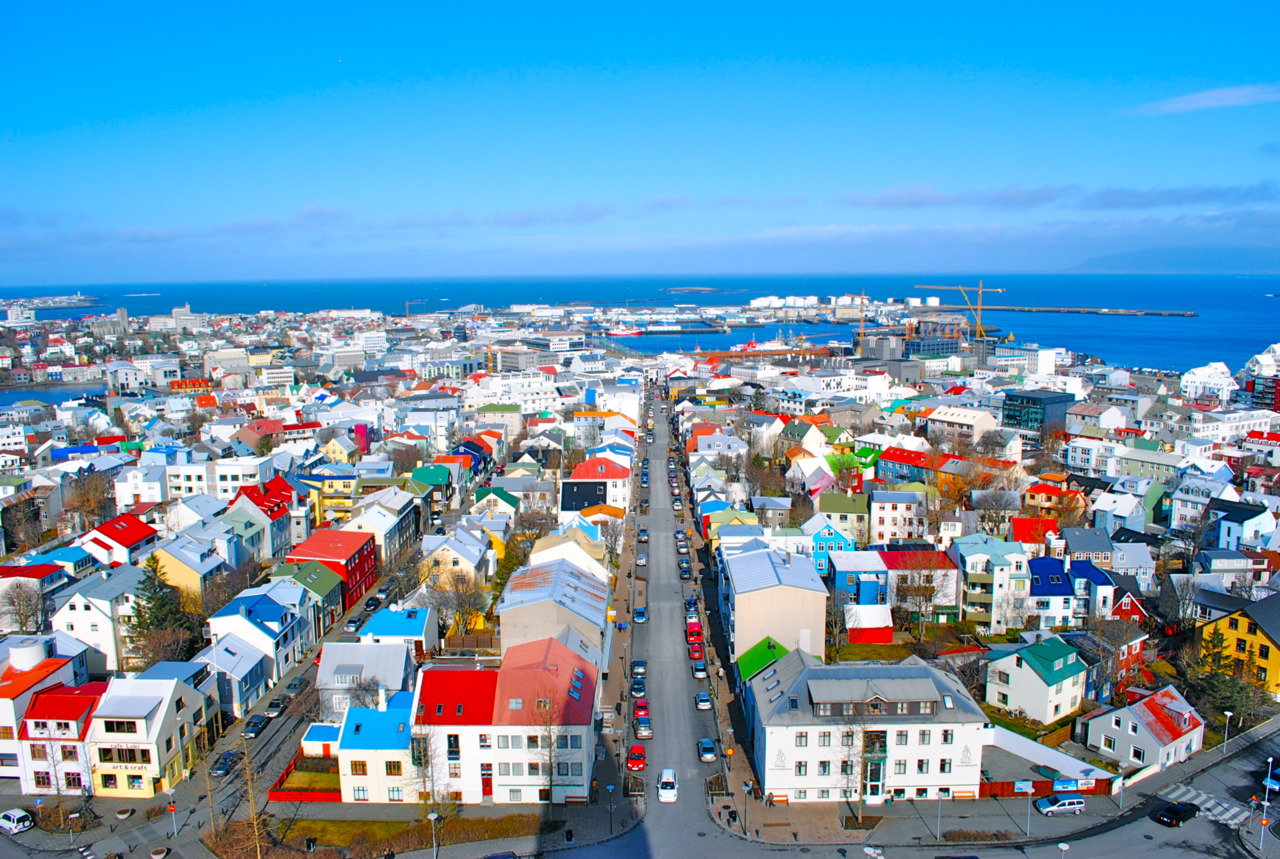
Reykjavík, Iceland
According to OECD, in the year 2015, gender wage gap in Canada was near 20% (difference between full-time male and female median wages and then dividing the number by the male median wages) and was high when compared to other OECD countries and also higher than the OECD average as well. In 2005, the gender wage gap in Canada was near 21%, which means that improvements in this area has remained stagnant for the last decade. Based on the rate of improvement in gender wage gap in Canada over the last two decades, it will take close to fifty years for Canada to reach Iceland’s 2015 rate. Even though Iceland is below the OECD average by around 5%, they are still continuing to improve gender wage gap due to their robust political and cultural foundations regarding importance of gender equality in their country.
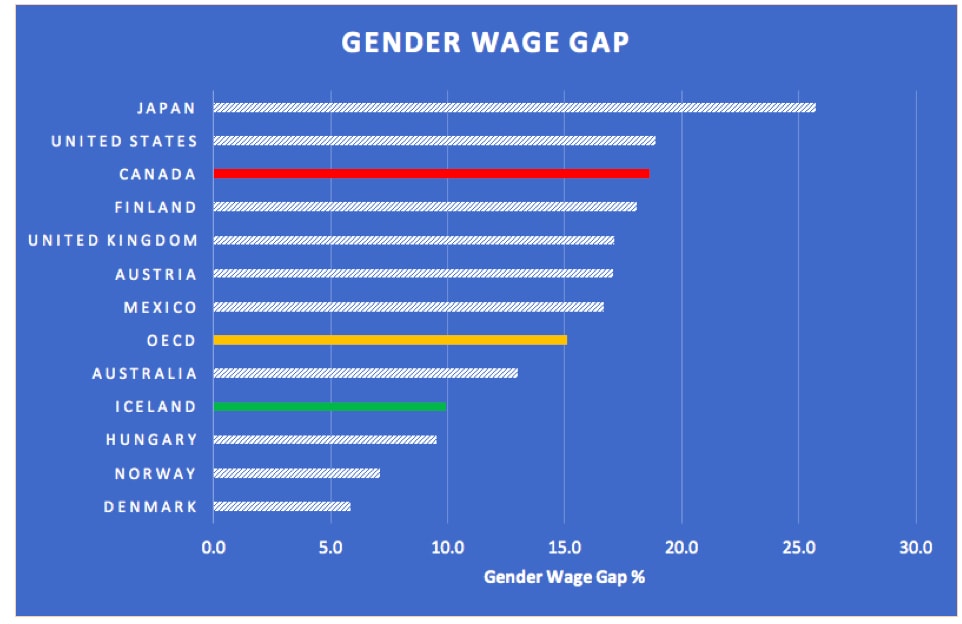
In early 2017, a legislature was put forward in Iceland’s parliament that will make it mandatory for companies, both private and public, to provide proof of unbiased wage pay practices to employees. Companies that are believed to show discrimination will ultimately be penalized.
When it comes to female participation rate in the workforce, Iceland leads the OECD countries with 80% females participating in the workforce. Canada has improved over the last few decades going from 45% in 1975 to around 60% today. This is actually a decent number for Canada since the OECD average is around 50%. Yet, the rate of improvement in gender inequality in Canada has unfortunately proven to be a slow one and over the last decade, Canada has continued to fall in the Global Gender Gap Index rankings, going from being 14th in the world in 2006 to 35th in 2016. Therefore, much work has to be done and still many unresolved matters need to be addressed including gender wage gaps, childcare costs, gender discrimination in the workplace, unpaid workers and more.
In 2015, Trudeau formed the first ever gender balanced cabinet in Canada with 15 out of 31 members being women (48%). This was a radical change since the cabinet of former Prime Minister Stephen Harper, contained only 12 women out of 39 members (30%). The message here sent by the cabinet was simple. It was not about saying we need exactly 50% of each gender but rather about the fact that women are more than capable of holding positions that men have dominated in holding throughout the history of this country and that the cabinet is for all Canadians. In many cases it had been decades since a woman had been given the position. For example, since the position of chief of staff was created in 1987, 15 people have been given the position with 13 of them being men. This means that Katie Telford the current chief of staff, is only the second woman to have held the position of chief of staff.
The balanced cabinet was a positive step forward for Canada but as seen with the statistics and comparisons to other major industrialized countries, evidently more needs to be done. We can look at countries such as Iceland and examine the successful policies that they have come up with over the years while also look for and create a stronger innovative vision in order to combat gender inequality in our country because not only is it economically beneficial but more importantly, morally just.
Written By UNA Vancouver blogger, Sasan Fouladirad

Having recently received a Bachelor’s and a Masters in Economics from UBC and Queen’s University, two of the top three Economics departments in Canada, Sasan decided to spend one year outside of academia and be active in his community including writing for UNA Vancouver before returning to school for a third degree with a focus this time on Public Policy and International Affairs.
Having extensively followed the works of Economist Richard D. Wolff and Former Finance Minister Yanis Varoufakis since his time at UBC, Sasan started to realize how flawed the current global economic system is. As a result, economic injustice, global income and wealth inequality, global economic recessions and gender inequality are areas that Sasan has passion for and wants to continue learning more about. Sasan is currently a college instructor, teaching Mathematics and Business while also teaching students of Grades 1 to 12 at variety of other locations in Vancouver. Aside from his studies, Sasan has won three silver medals in Karate and three gold medals in Chess in the province of British Columbia and continues to train during his free time while also holding seminars throughout Vancouver for people who want to learn.
If you could go anywhere in the world right now, where would it be and why?
From their cuisine to language to their sport, I love everything that Italy has to offer and one day hope to visit the country again.

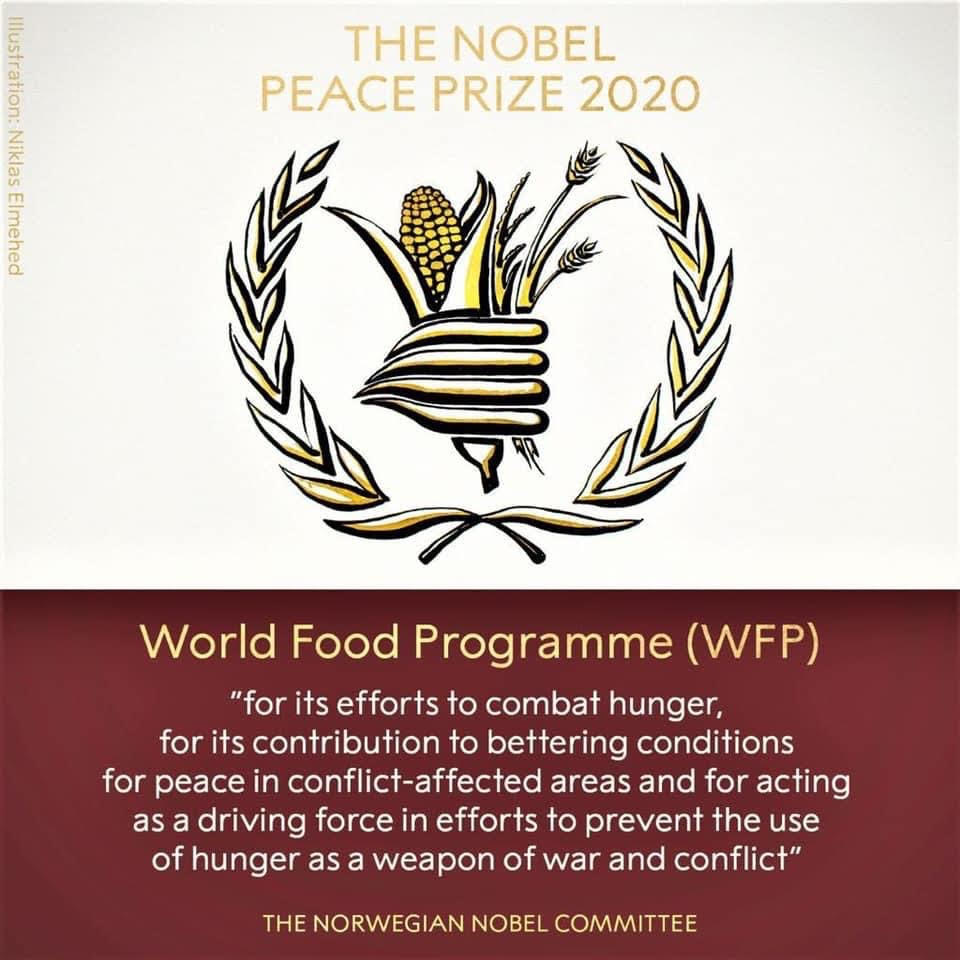
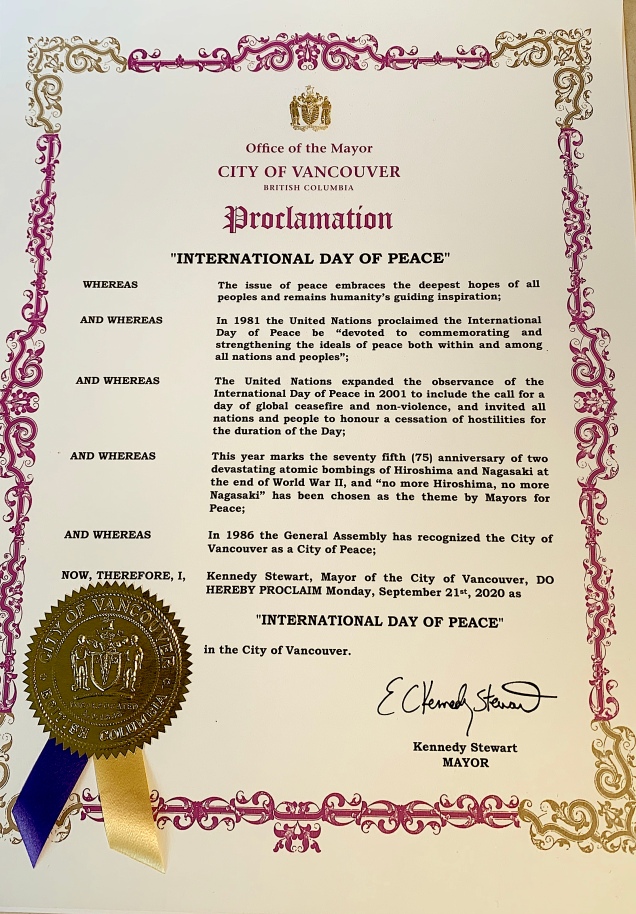
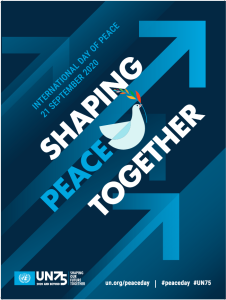

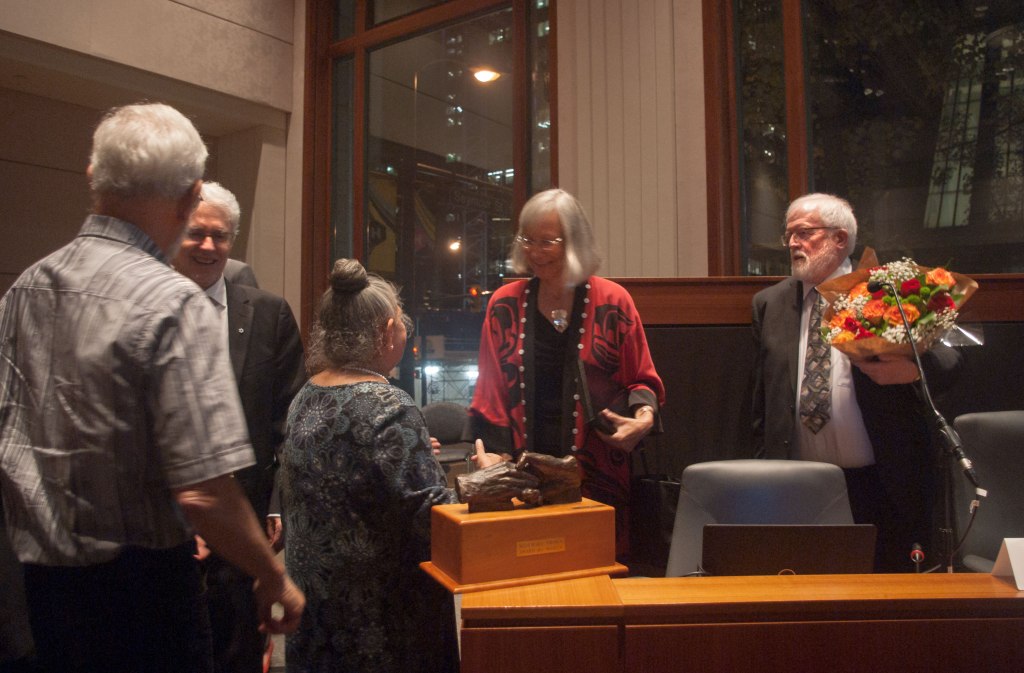
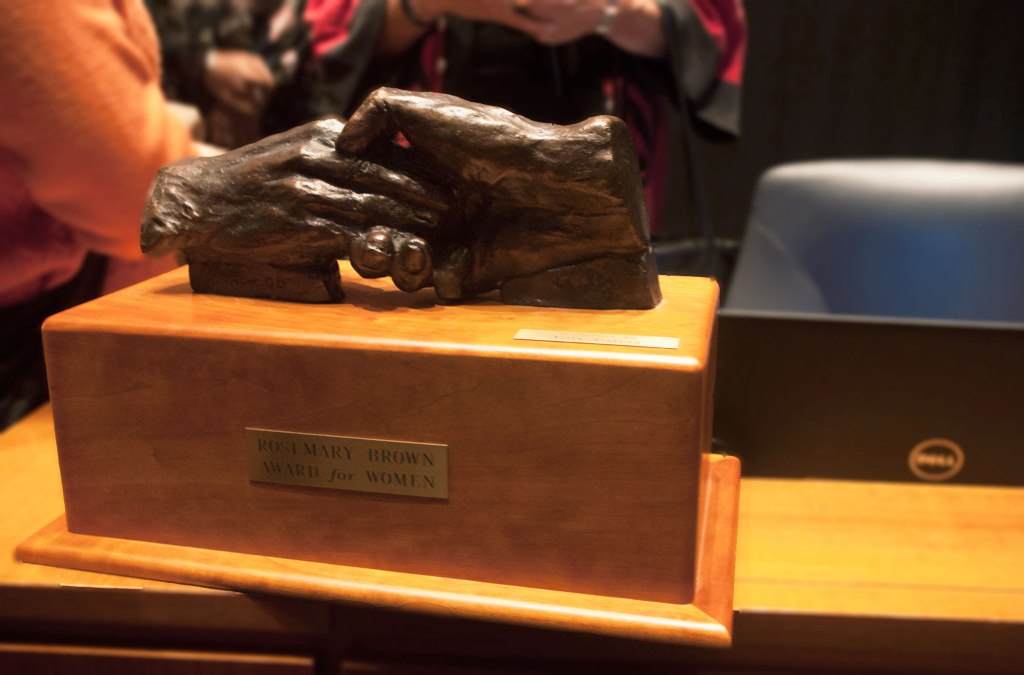
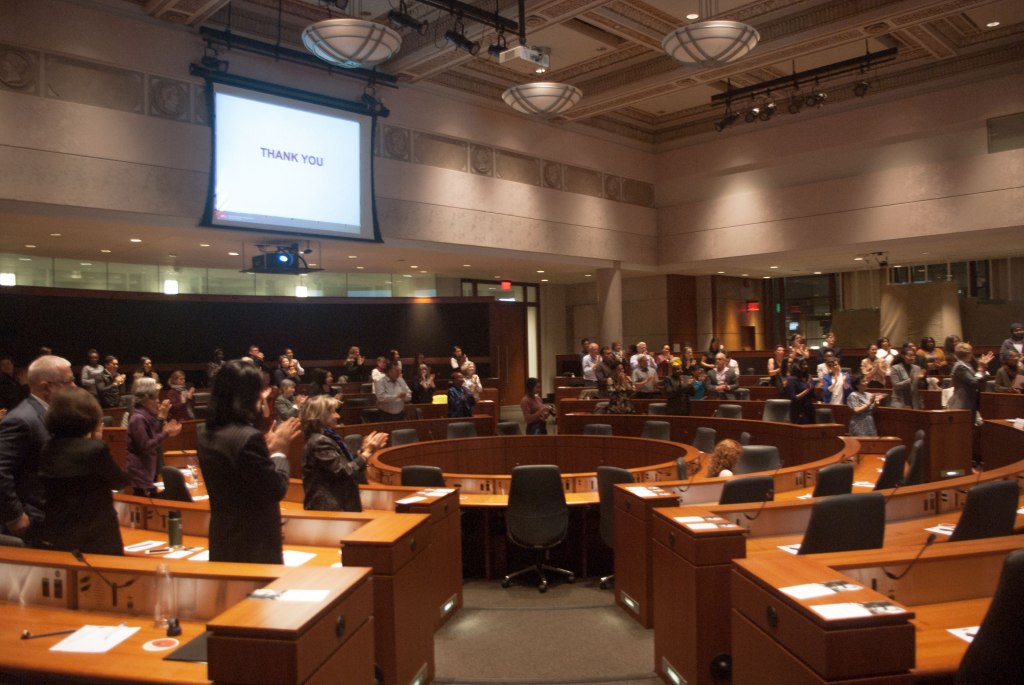
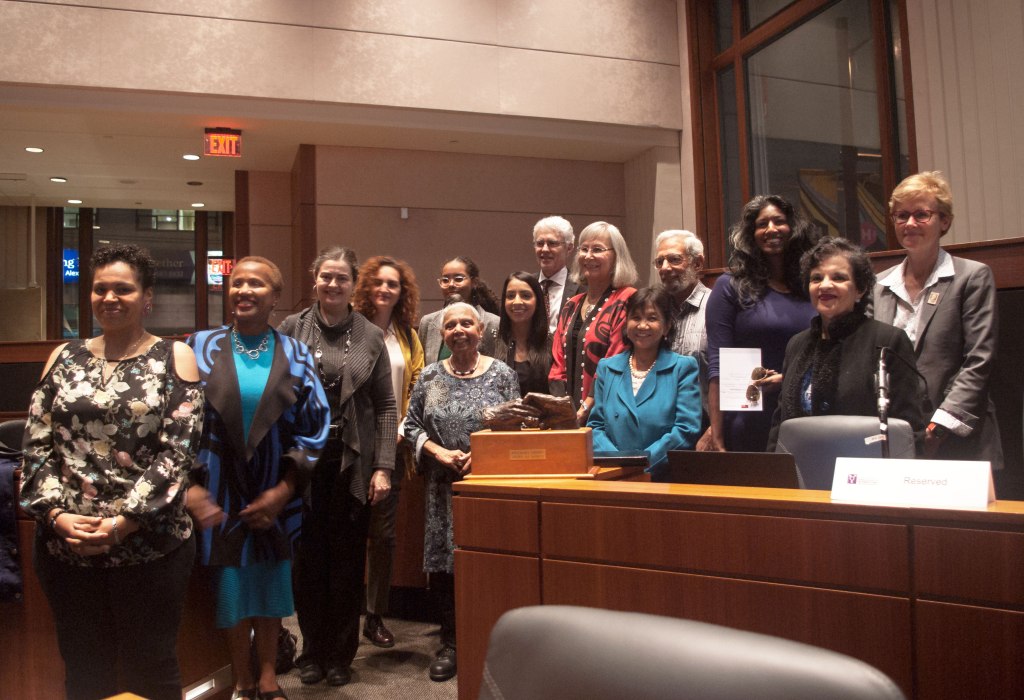



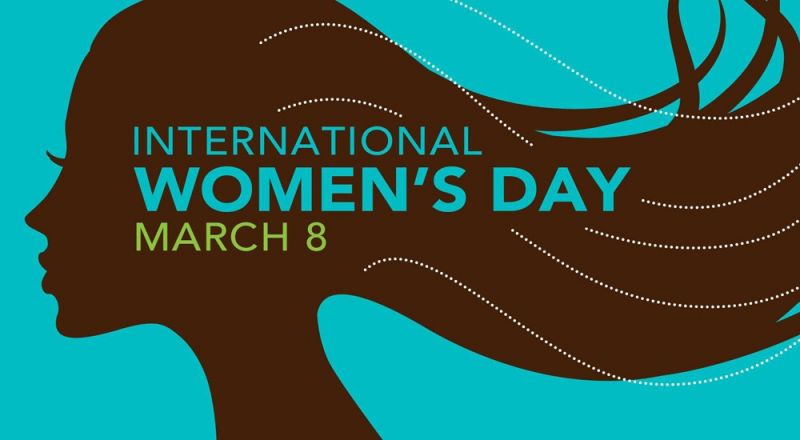


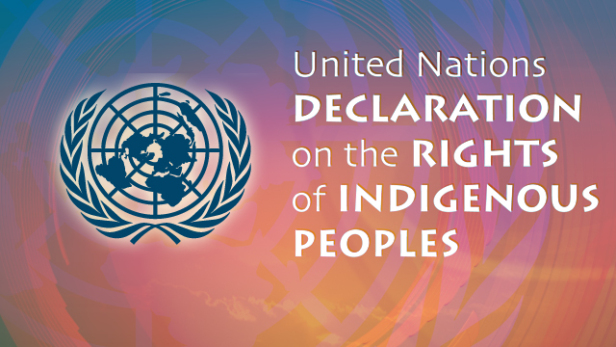
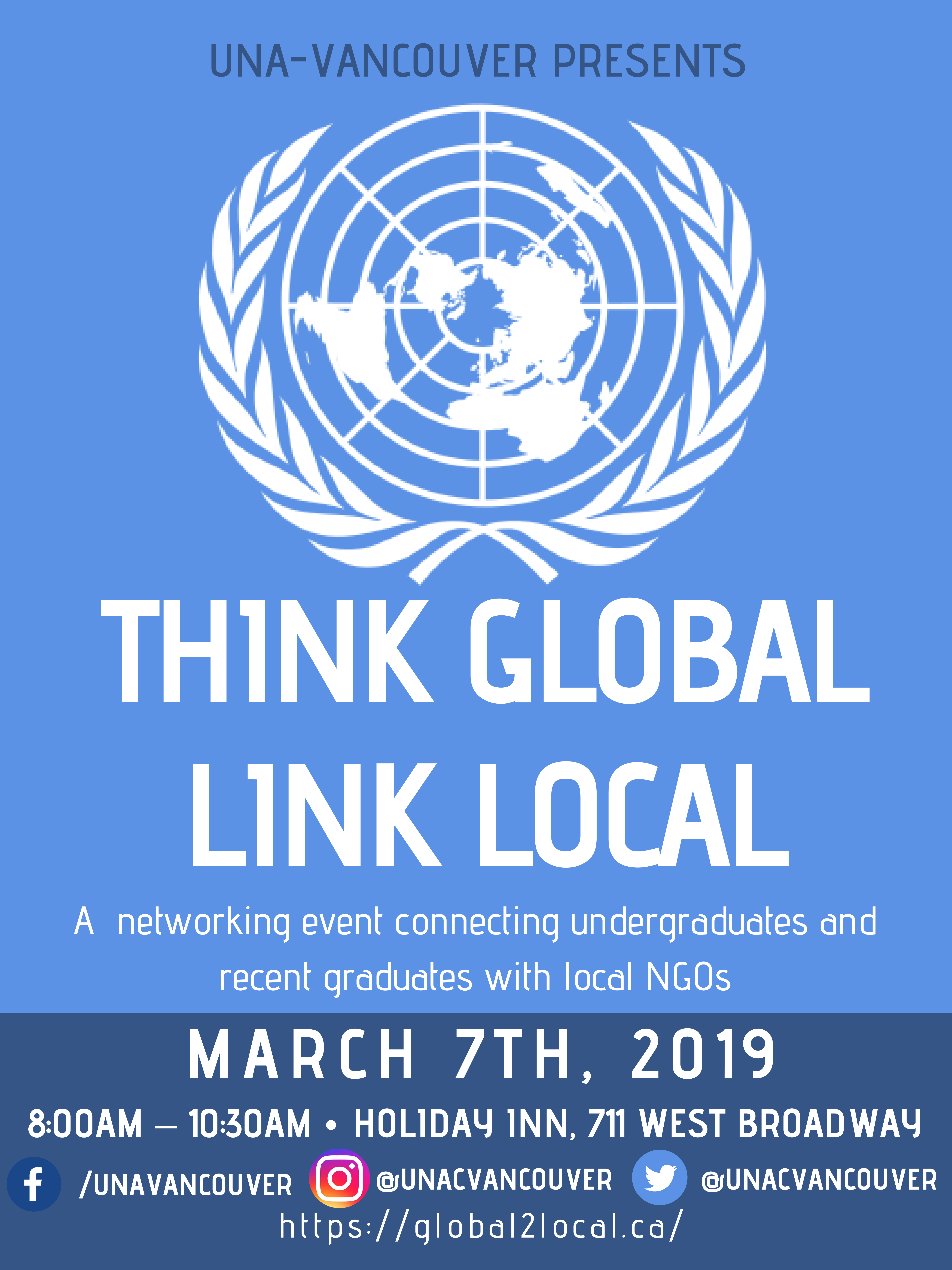


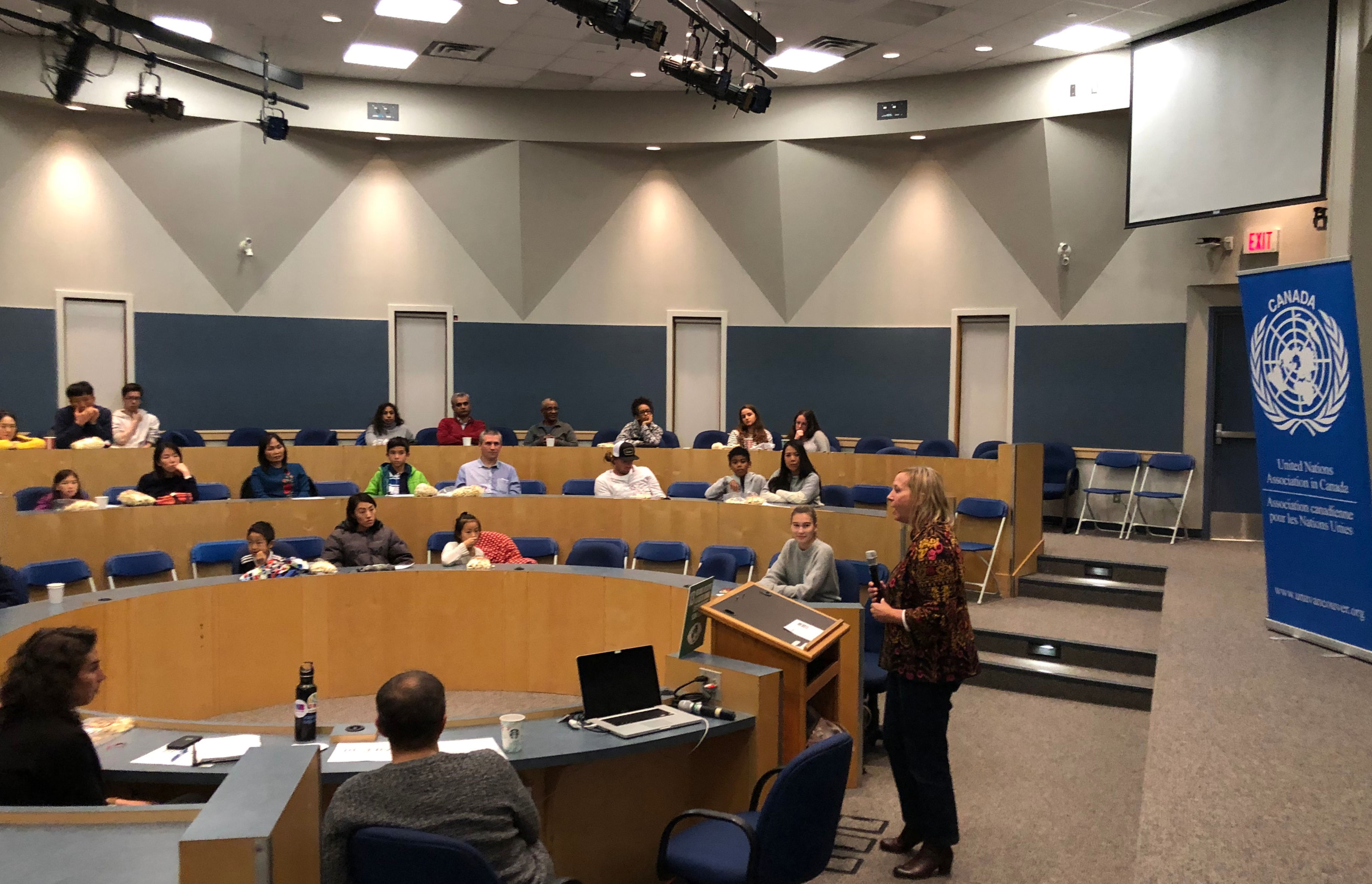







 Photo Credit: greenpeace.org
Photo Credit: greenpeace.org
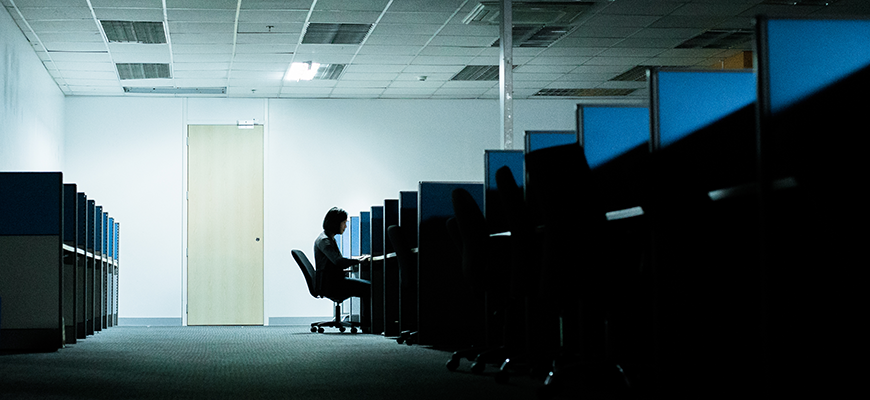 UNA-Vancouver is pleased to be sponsoring the May 9th screening of The Cleaners, a documentary film about the unseen impact of outsourcing the ethics of social media on workers, democracy and the role of technology in our lives. The Wednesday, May 9th screening is part of the Justice Forum Series and will include a post-film discussion with a selected voice from the field.
UNA-Vancouver is pleased to be sponsoring the May 9th screening of The Cleaners, a documentary film about the unseen impact of outsourcing the ethics of social media on workers, democracy and the role of technology in our lives. The Wednesday, May 9th screening is part of the Justice Forum Series and will include a post-film discussion with a selected voice from the field.
 The Vancouver Branch of the UN Association in Canada (UNAC-V) welcomes all members of the local branch to attend the Annual General Meeting taking place Monday, April 9th from 7pm until 8pm with refreshments at 7pm. The meeting will convene at the Immigrant Services Society of BC (ISSBC) building located at 2610 Victoria Drive in Vancouver near the Broadway Skytrain Station.
The Vancouver Branch of the UN Association in Canada (UNAC-V) welcomes all members of the local branch to attend the Annual General Meeting taking place Monday, April 9th from 7pm until 8pm with refreshments at 7pm. The meeting will convene at the Immigrant Services Society of BC (ISSBC) building located at 2610 Victoria Drive in Vancouver near the Broadway Skytrain Station.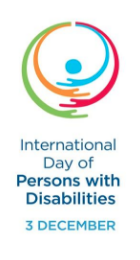
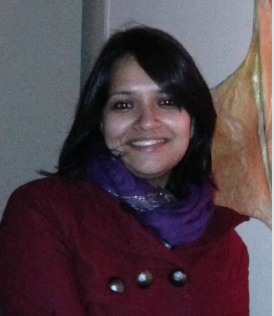








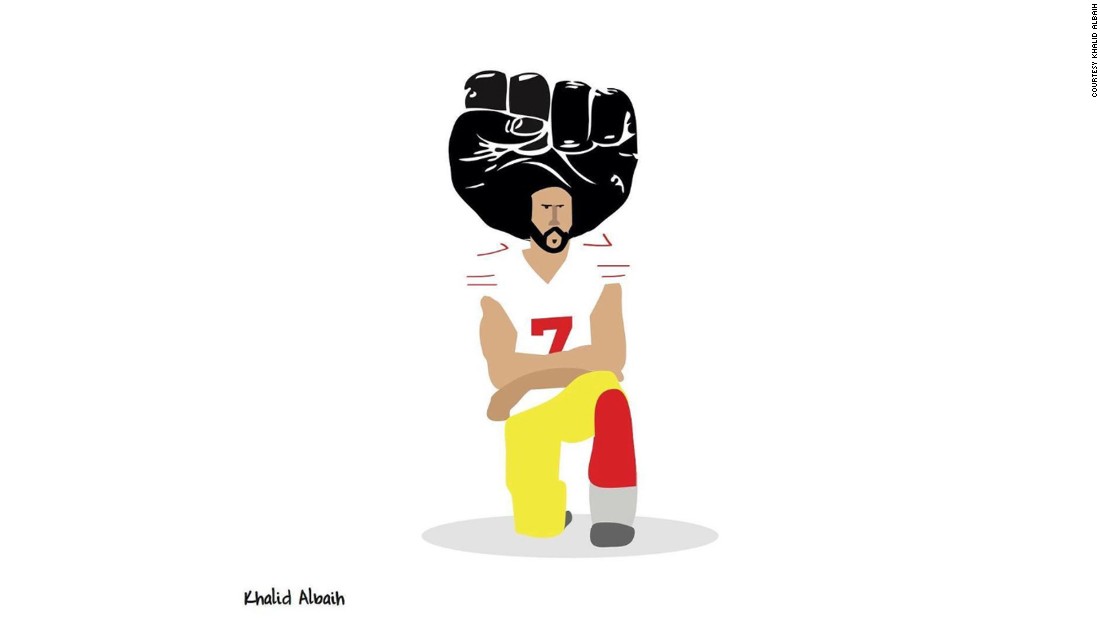
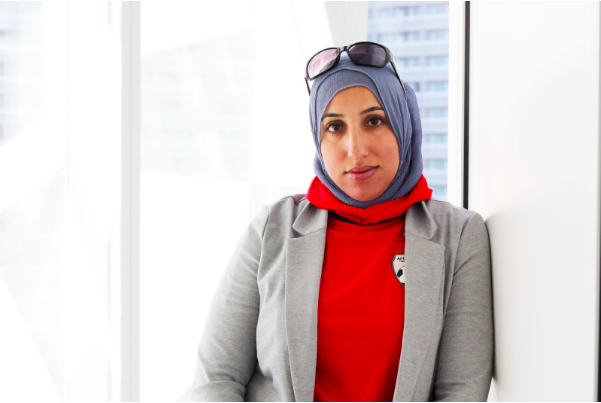

 Dr. Patricia Vertinsky is a Distinguished University Scholar and Professor of Kinesiology at the University of British Columbia. She is a social and cultural historian working across the fields of women’s and gender history with a special interest in physical culture, physical education and modern dance. Her work focuses on the study of normalizing disciplinary regimes in kinesiology, sport science and physical culture and the social, political, and scientific context in which they have been conceived and promoted. She is particularly interested in regimes of risk and the gendered body in relation to patterns of physical culture and globalization in the late 19th and 20th centuries. Dr. Vertinsky is an International Fellow of the American Academy of Kinesiology, Past-President of the North American Society of Sport History, and past Vice-President of the International Society for Physical Education and Sport History.
Dr. Patricia Vertinsky is a Distinguished University Scholar and Professor of Kinesiology at the University of British Columbia. She is a social and cultural historian working across the fields of women’s and gender history with a special interest in physical culture, physical education and modern dance. Her work focuses on the study of normalizing disciplinary regimes in kinesiology, sport science and physical culture and the social, political, and scientific context in which they have been conceived and promoted. She is particularly interested in regimes of risk and the gendered body in relation to patterns of physical culture and globalization in the late 19th and 20th centuries. Dr. Vertinsky is an International Fellow of the American Academy of Kinesiology, Past-President of the North American Society of Sport History, and past Vice-President of the International Society for Physical Education and Sport History.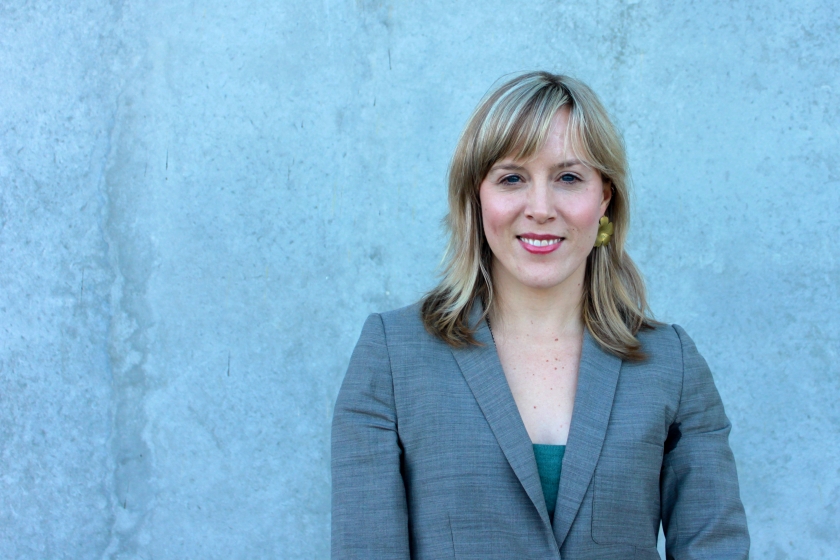




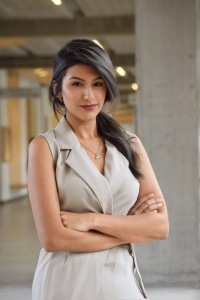
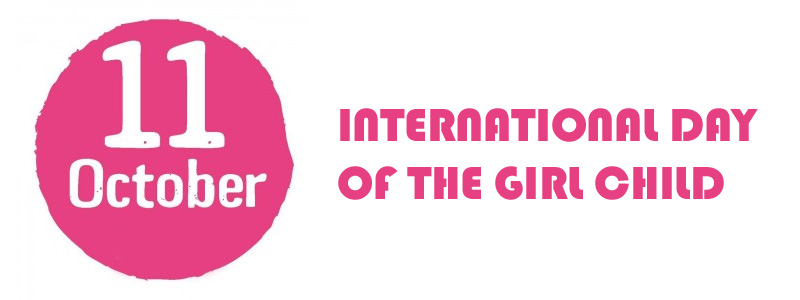
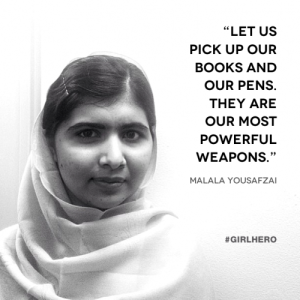 Education is one tool we can use to eradicate poverty and the problem of sexual violence. Women easily fall into the cycle of poverty due to lack of education qualifications. Without the equivalent skillsets required by the labour market, these women have limited choices when it comes to employment, and usually end up in temporary jobs. Not only are
Education is one tool we can use to eradicate poverty and the problem of sexual violence. Women easily fall into the cycle of poverty due to lack of education qualifications. Without the equivalent skillsets required by the labour market, these women have limited choices when it comes to employment, and usually end up in temporary jobs. Not only are 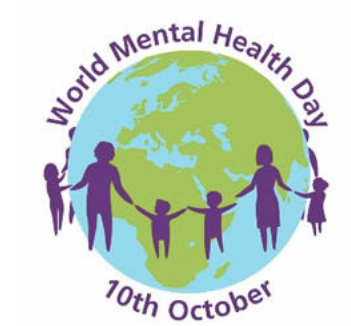 Did you know that mental health is included in the UN Sustainable Development Goals?
Did you know that mental health is included in the UN Sustainable Development Goals?
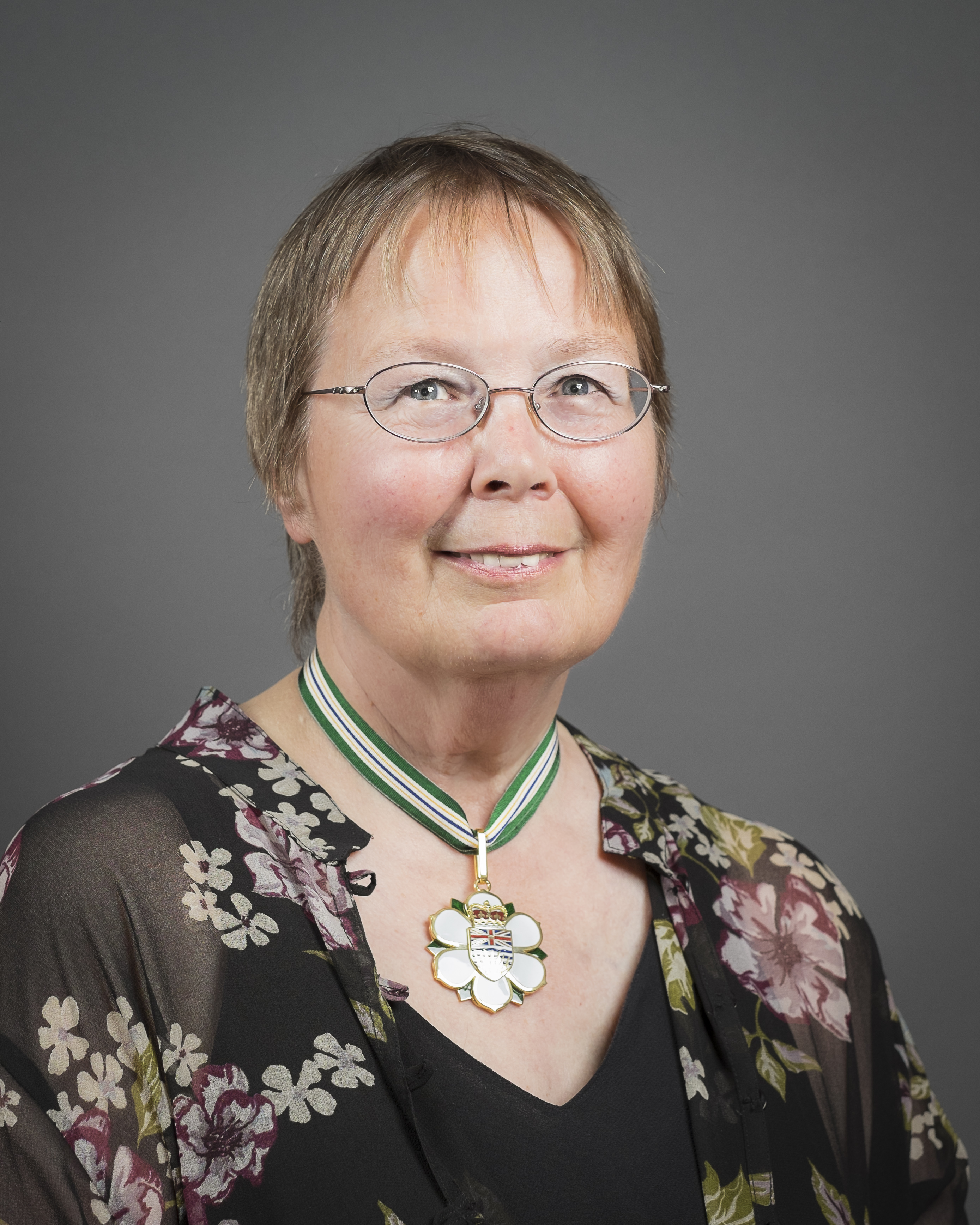

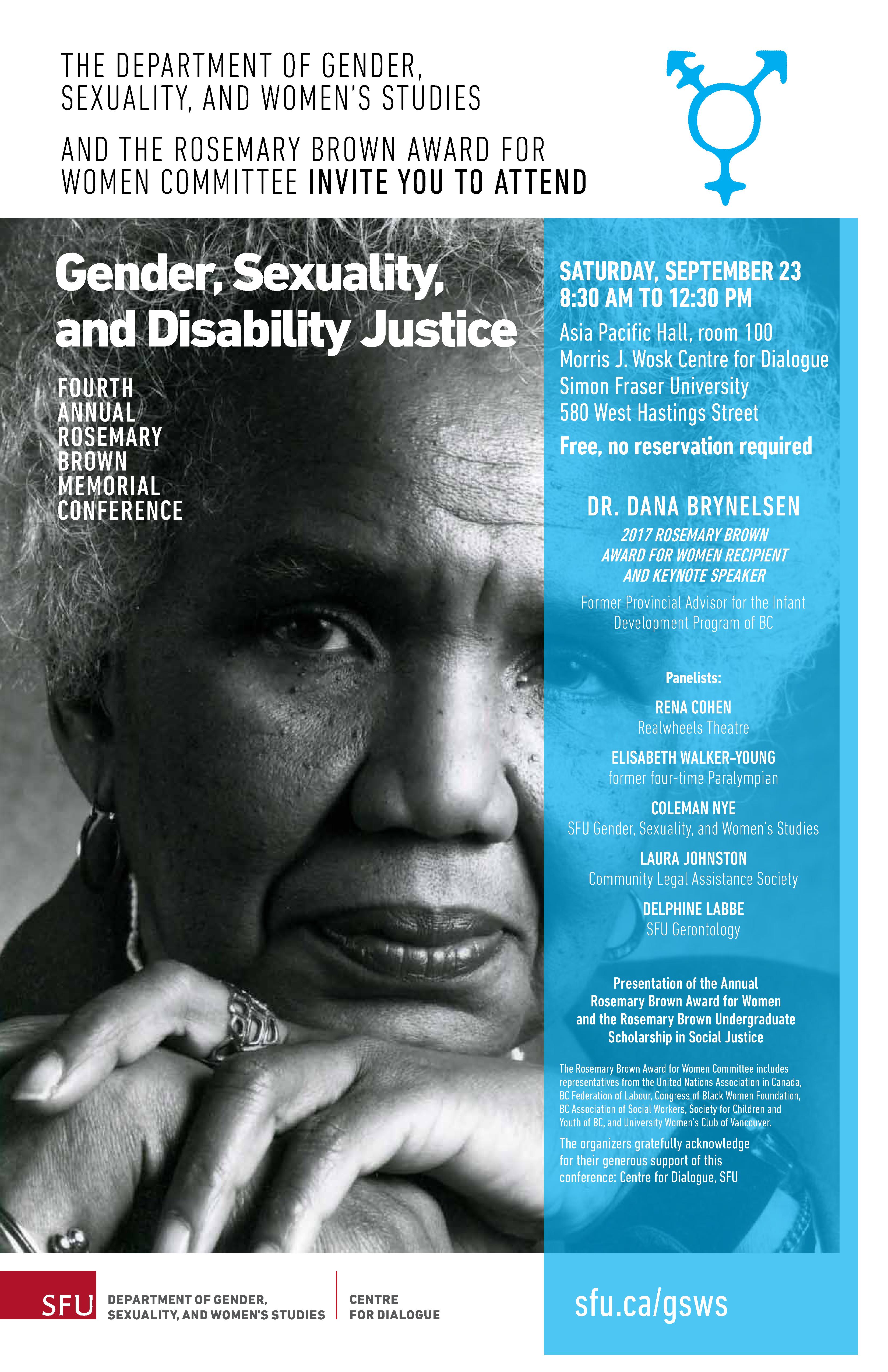

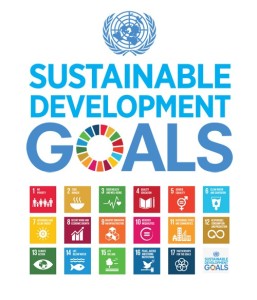 *Notice from Ottawa head office*
*Notice from Ottawa head office*